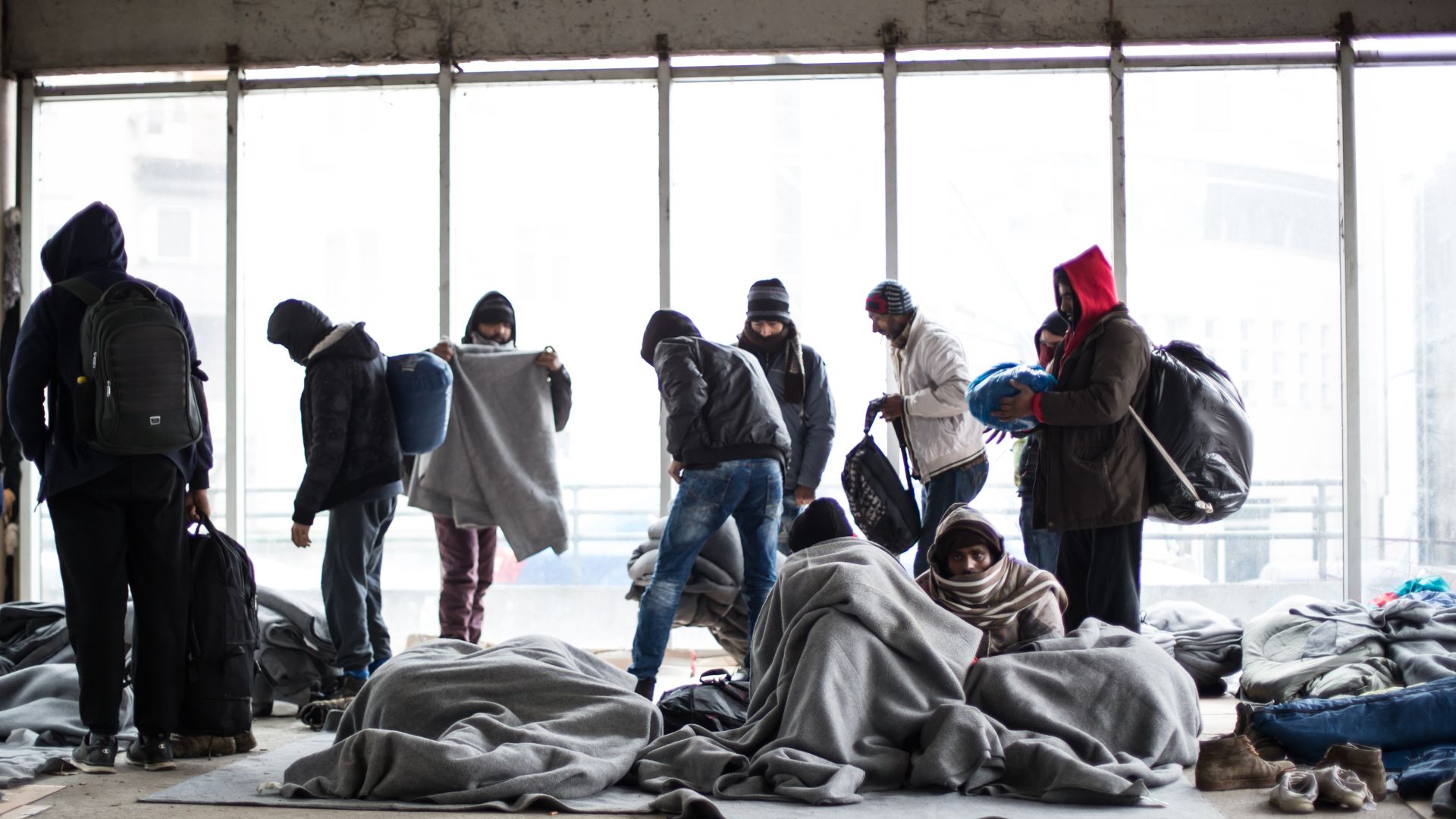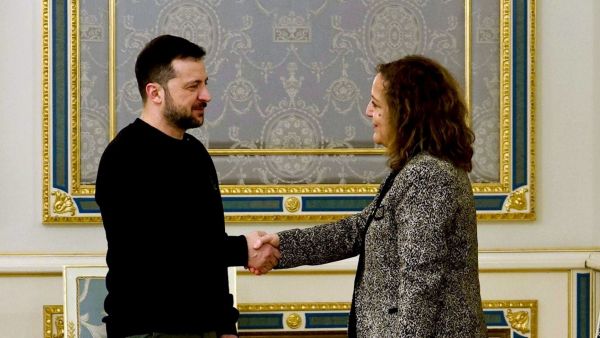Today, S&D MEPs led the way for asylum and migration reform based on solidarity and shared responsibility, which fully respects the individual right to asylum. With a clear majority to start negotiations with the Council as soon as possible, we are committed to finding an agreement before the end of the mandate in 2024. This follows broad support in today’s vote in the civil liberties, justice and home affairs committee on key legislative files that form the Migration Pact.
A large majority of MEPs supported compromise proposals on the regulations on asylum and migration management, on asylum procedures, on crisis management in a crisis, and on the screening procedure.
During negotiations with political groups, the S&D Group fought for an agreement based on solidarity both towards those seeking protection and between member states, so that the individual right to asylum is protected and so that each member state takes its fair share of responsibility. For example, to support member states facing pressure, in particular following search and rescue operations, there is a new mandatory solidarity mechanism to provide a clear, fair, and predictable system for relocating asylum-seekers.
The S&D rapporteurs will take part in a press conference at 15:30 online and in the European Parliament’s pressroom.
Birgit Sippel, S&D spokesperson for civil liberties, justice and home affairs and Parliament rapporteur for the screening regulation, said:
“Our approach to the Migration Pact was driven by solidarity: solidarity with those in need of protection, solidarity with our citizens and solidarity between member states offering protection. Our efforts mean that the right to asylum is in no doubt whatsoever and that there are tangible and binding solidarity measures at the heart of the pact. When people in distress are rescued at sea or when member states face unsustainable pressure, we have the solutions for sharing the responsibility fairly among all member states.
“The new screening procedure will allow us to register and check everyone entering the EU irregularly while ensuring all applicable asylum safeguards. In particular, we should be satisfied with the extended mandate of the fundamental rights monitoring mechanism, which is a strong signal from the Parliament on the need to respect fundamental rights and the rule of law at our external borders.
“In the revised asylum procedures regulation, we succeeded in ensuring that there is no obligation on EU member states to apply fast-track border procedures, which risk causing problems from a fundamental rights point of view, without resolving any of the problems inherent in the current system.
“We call on the Swedish Presidency to progress swiftly on all pieces of the legislation so we can start negotiations on all legislative proposals as soon as possible, and at the latest from July.”
Juan Fernando López Aguilar, S&D Chair of the committee on civil liberties, justice and home affairs and Parliament rapporteur for the Crisis and Force Majeure Regulation, said:
“Today’s vote gives the European Parliament a united position on new common migration and asylum rules that can really work in practice. After lengthy negotiations, we are now ensuring real solidarity among member states through a predictable and mandatory relocation mechanism, which will help to alleviate the pressure from within the member state in crisis while safeguarding the rights of the applicants.
“Our proposals for crisis situations means the EU will be able to respond quickly and effectively whenever there is an unexpected arrival of third country nationals and stateless people on European soil. If a member state’s asylum system is overburdened, the crisis regulation provides a solidarity procedure that shares responsibility between EU countries. This is about moving away from ad-hoc crisis responses and instead having a permanent and sustainable procedure that governments and citizens can have confidence in.
“There is a long road ahead but the European Parliament is ready and willing to start negotiations. Political groups in the European Parliament have demonstrated the ability to compromise, but now we are ready to stand our ground in the negotiations with the Council. Both institutions must find an agreement before the current legislative term expires.”
Note to editors:
- Two of the four legislative files voted on today were led by S&D rapporteurs:
- Birgit Sippel, S&D LIBE coordinator, is the rapporteur for the screening of third country nationals at the external borders. The screening consists of an identification and security check, as well as a mandatory health and vulnerability examination. S&D Group priorities included a stronger fundamental rights monitoring mechanism to guarantee access to international protection in the EU and respect for the principle of non-refoulement. Moreover, we successfully removed the obligation to apply the complicated legal fiction of non-entry and ensured that all asylum safeguards apply during the screening.
- Juan Fernando López Aguilar, LIBE Chair, is the rapporteur for the Crisis and Force Majeure Regulation. S&D priorities included mandatory relocation based on meaningful links between the persons to be relocated and the member state. This will be binding on contributing member states. The regulation also establishes a prima facie protection principle, in addition to the possibility of the Temporary Protection Directive, to offer quick and effective protection for groups of persons from a particular third country or a specific group of persons from a third country or countries.
- Pietro Bartolo S&D MEP is shadow rapporteur for the Asylum and Migration Management Regulation. This lays down the rules for determining which member state is responsible for an applicant for international protection. S&D Group priorities included a relocation-centred solidarity mechanism, with an accelerated procedure for member states under migratory pressure, in particular following disembarkations following search and rescue operations. At least 80% of member state pledges in this mechanism will be based on relocation.
- Sylvie Guillaume S&D MEP is shadow rapporteur for the Asylum Procedure Regulation. This establishes a common procedure that member states should apply when handling an application for international protection, as well as common rights. Under the compromise proposals, the S&D Group made sure that the asylum border procedure and the return border procedure are optional for member states and that unaccompanied minors and children under 12 and their family members are excluded from the border procedure completely.
- The civil liberties, justice and home affairs committee also voted to enter into inter-institutional negotiations. This vote was supported by an absolute majority meaning, unless challenged in the April plenary session, the decision to enter into negotiations with the Council would be announced at the during April’s session without a plenary vote.
- A roadmap agreed by the co-legislators in 2022 commits to the adoption of the entire Asylum and Migration Pact by April 2024.










